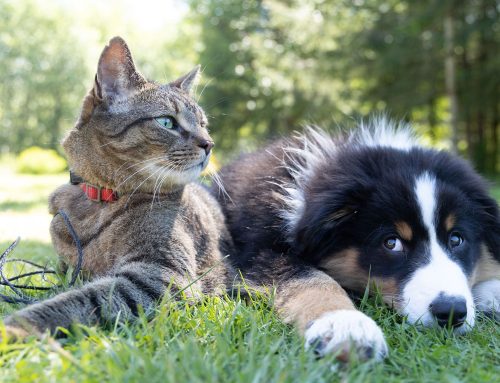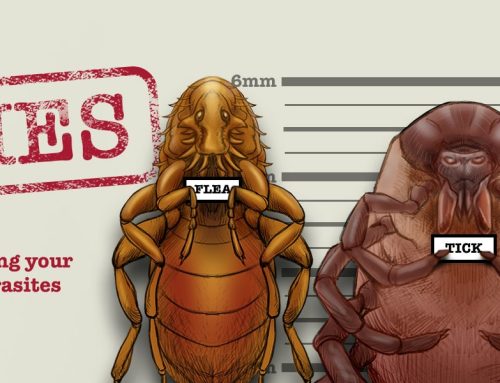Modern science has again come to the aid of pets. In this case, the aid is the prevention of Feline AIDS in cats, which is caused by the Feline Immunodeficiency Virus (FIV).
The wonderful news for cat owners is that a vaccine is available in Australia that can save thousands of cats’ lives each year.
The feline form of the AIDS virus is killing cats at an alarming rate and until now, there has been neither cure nor treatment for the disease. However, now that the new vaccine is available, the lives of thousands of cats could be saved each year.
Veterinarians and animal shelters have reported a dramatic increase in the number of cases identified as FIV than in the last 10 years. Between 14% and 29% of cats test positive to infection, many of which die from FIV-related illnesses in Australia each year.
What is FIV?
FIV is a virus which gradually destroys the cats immune system, leaving them susceptible to infections. When cats are infected with the virus, some of those cats may then develop the condition called feline acquired immunodeficiency syndrome (Feline AIDS). Thankfully Feline AIDS cannot be transferred from cats to humans, but the disease does act in the same way as the human form (HIV).
How does my cat contract FIV?
The virus is spread primarily through saliva and therefore by bite wounds inflicted while fighting. For this reason the disease is more common in cats that are allowed to roam and particularly in entire male cats (toms) that will fight regularly when courting females. Aged cats are also at risk from the infection.
What problems does FIV cause?
Many cats may not show signs until several years after infection. The effects of the disease are many and varied because the disease is one involving a deficiency of the immune system – these include:
- Anorexia (loss of appetite)
- Weight loss
- Depression
- Mouth and gum disease (ulcers, bad breath, tooth loss)
- Persistent diarrhoea, vomiting and anaemia
- Respiratory, urinary and skin infections
- Nervous system problems and behavioural abnormalities (dementia)
How can I tell if my cat has FIV?
A simple blood test can be performd by your vet to test for FIV infection. The results are known after 10 minutes.
How can I prevent my cat getting FIV?
As with HIV, there is no known cure, so prevention is the only way to stop the spread of the virus. Prevention falls into 2 categories:
- Prevent your cat from fighting – as FIV is spread by bite wounds the disease can be prevented by housing your cats indoors to prevent fighting but if this is not possible, certainly confine your cats inside or in an enclosure at night when most fights occur. Desexing your cat also reduces fighting.
- Vaccination – the FIV vaccine (Felo-O-Vax FIV) is 80 – 85% effective in preventing FIV infection. It is administered as an initial series of three doses, two to four weeks apart. It is given to kittens at 8 weeks of age or older. Cats more than 6 months of age should be tested to ensure they are free of the AIDS virus before being vaccinated and ideally they should be permanently identified with a microchip. An annual booster is needed to ensure continued protection.Be aware that once vaccinated, your cat will develop antibodies against the virus and that these antibodies will be detected on any AIDS test done on your cat. This means that if an AIDS blood test is done, the results will indicate your cat has AIDS, even though that is not the case. If your vet knows your cat is vaccinated then he or she will not be concerned. For this reason it is important that your cat is microchipped at the time of vaccination and that an AIDS test is done before the cat is vaccinated to ensure it is free from the disease.For more details, see your veterinarian.





